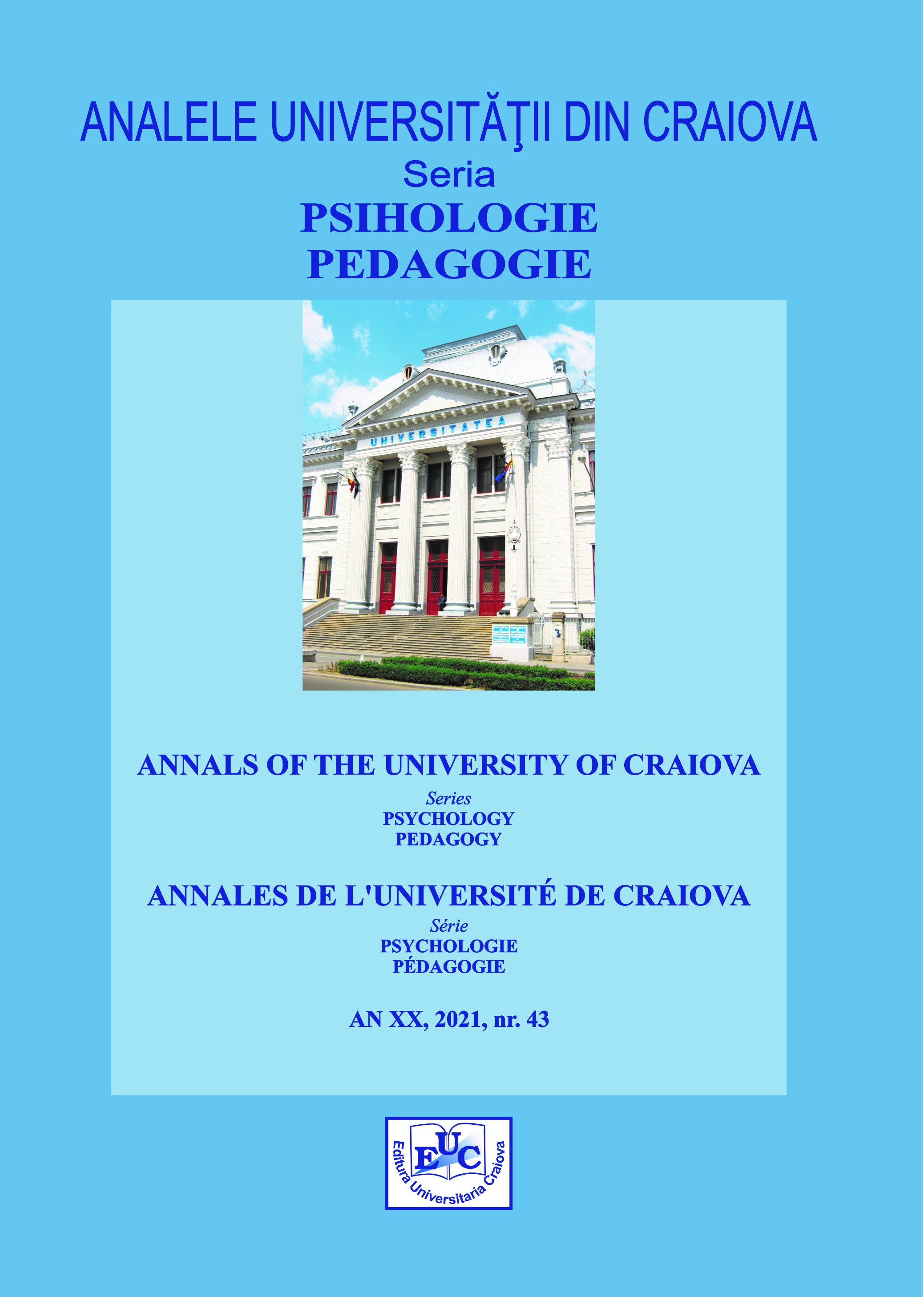SYNOPTIC SCRUTINY OF PEDAGOGICAL PRACTICES
FOR DEVELOPING FIVE MINDS FOR THE FUTURE
IN TANZANIAN NON-FORMAL SECONDARY SCHOOLS
SYNOPTIC SCRUTINY OF PEDAGOGICAL PRACTICES
FOR DEVELOPING FIVE MINDS FOR THE FUTURE
IN TANZANIAN NON-FORMAL SECONDARY SCHOOLS
Author(s): Tulia Michael, Laurent Gabriel Ndijuye, Abdon Kimario ÉphremSubject(s): School education, Personality Psychology, Psychology of Self, Pedagogy
Published by: Editura Universitaria Craiova
Keywords: Curriculum; Non-formal Education; Open Schools; Five Minds for the Future; Pedagogical Practices;
Summary/Abstract: The paradigm shift from knowledge based training (KBET) to competence based (CBET) training in Tanzania was meant to create a challenging intellectual foundation to equip Non-Formal Secondary School Education (NFSE) graduates with competences to meet the dynamic changes within the 21st Century. This article describes how the five minds for the future have been integrated in the NFSE curriculum as a reflection of lifelong learning among children and youths who missed formal schooling in Tanzania. The study was necessitated by an outgrowing cry that the graduates who went through similar curriculum did not demonstrate the competences associated with the five minds in their real life (Ndyali, 2016). What often went unsaid along with the complaints against graduates in Tanzania is how the elements of five minds have been nurtured during actual pedagogical practices. Therefore, this study reviewed the Education and Training Policy (ETP) of 2014, the Non-Formal Secondary Education Curriculum (2010) and the books of five minds for the future by Howard Gardner (2006) and Frames of Mind by Howard Gardner (2007). The analysis of the information gathered revealed that the education and Training Policy (2014) as well as non-formal secondary school curriculum features the five minds for the future. Similarly, another findings was that the curriculum materials had insufficient content which may enable non-formal secondary school learners acquire the five minds for the future. Further, it was revealed that there is limited instructional strategies, limited use of teaching materials and limited use of assessment strategies. It is, therefore, concluded that in order to improve the characteristics of non-formal secondary graduates three areas should be improved namely teaching and learning materials, instructional strategies, and assessment strategies.
Journal: Analele Universității din Craiova, seria Psihologie-Pedagogie
- Issue Year: 43/2021
- Issue No: 1
- Page Range: 177-192
- Page Count: 16
- Language: English

